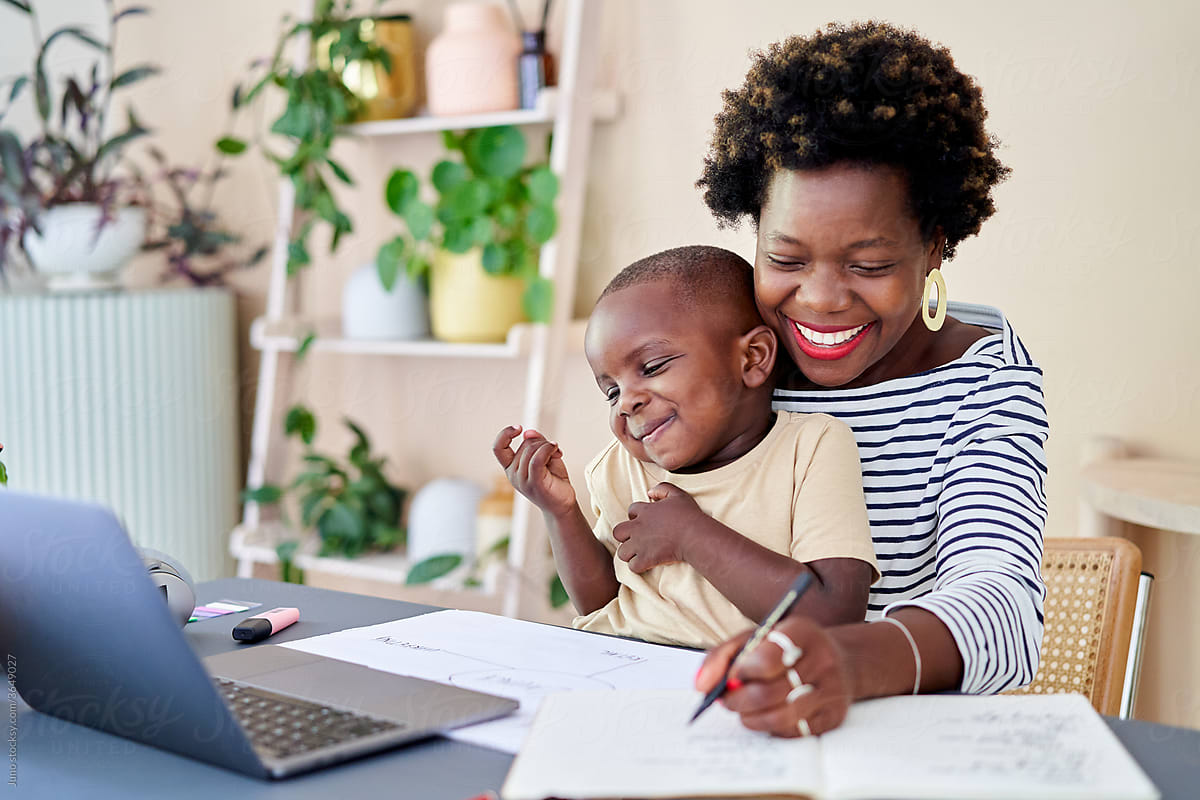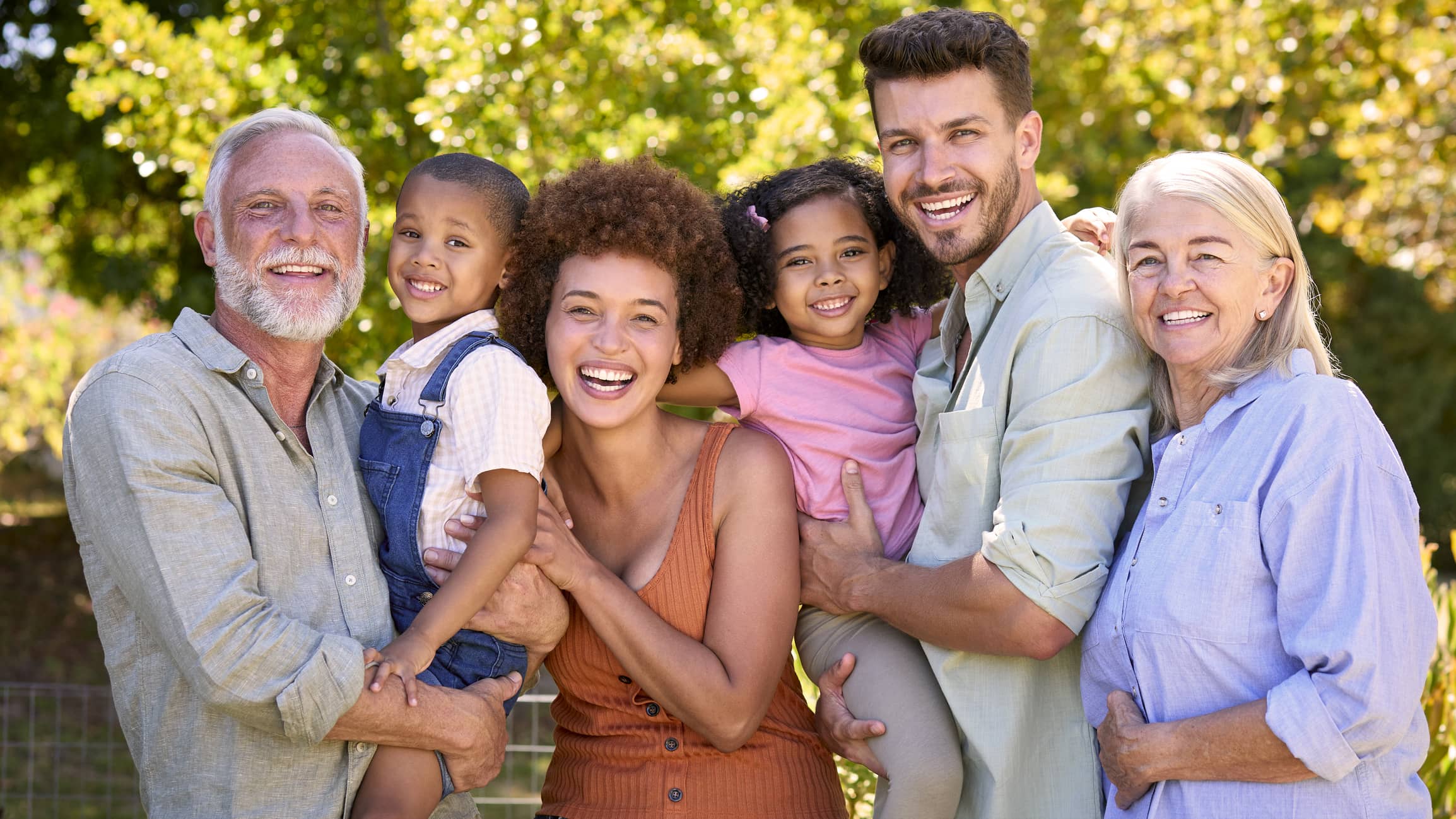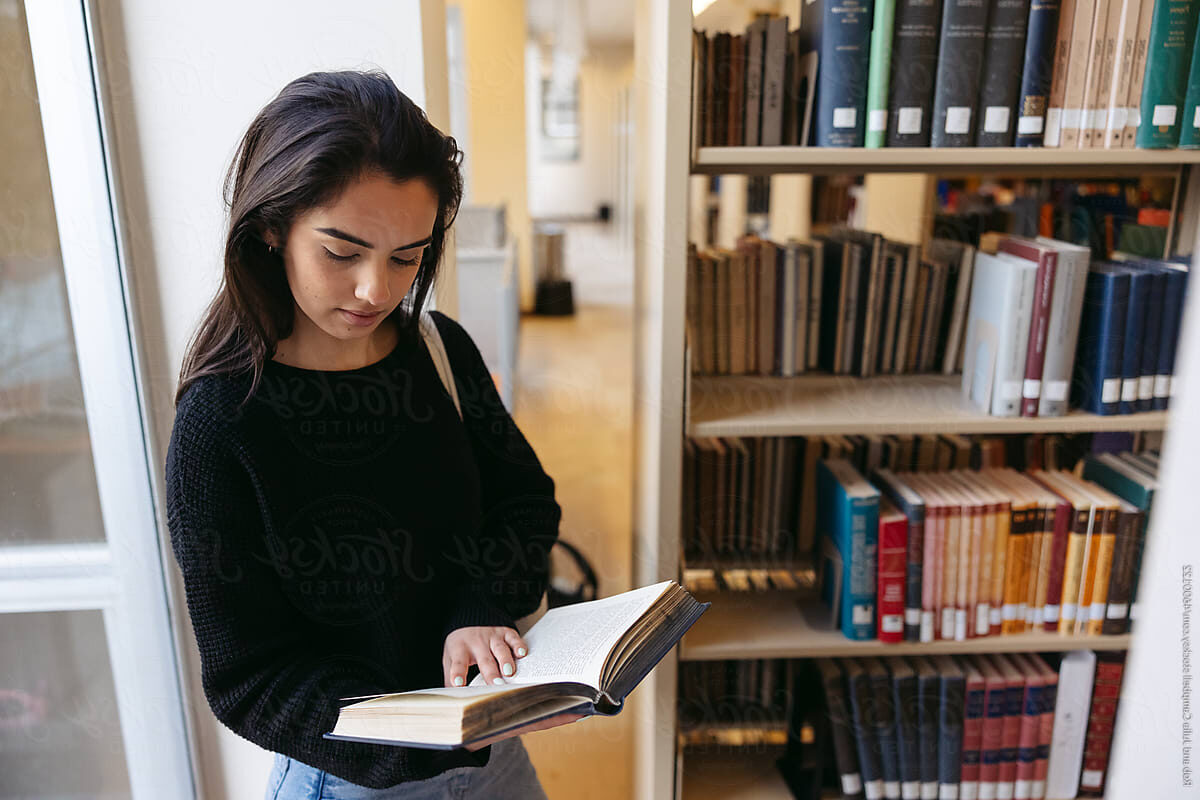Education and Human Thriving
Education, a major focus of the Kenan Trust, is now bolstered by Human Thriving, a companion area to promote economic mobility and address gaps in basic needs like healthcare, housing, or nutrition. Grants are made through these mutually supportive areas with the goal of ensuring that individuals, families, and communities have the support and resources they need to flourish.
The Trust seeks grant projects in our Education and Human Thriving focus areas in cycles that are outlined in our Grant Calendar. Information about Trust’s funding focus for FY26 can be found on our FAQ page under Areas of Funding.

Education
The Trust funds Education projects in Florida, New York, North Carolina, and Virginia focusing largely on project specific grants across eight focus areas, reaching people in a variety of settings and age groups, wherever they may be in their educational journey.

Human Thriving
The Trust funds Human Thriving projects in Florida, New York, North Carolina, and Virginia that are focused on increasing opportunity and improving outcomes for individuals, families, and communities, ensuring they can maximize their potential for success and security.


